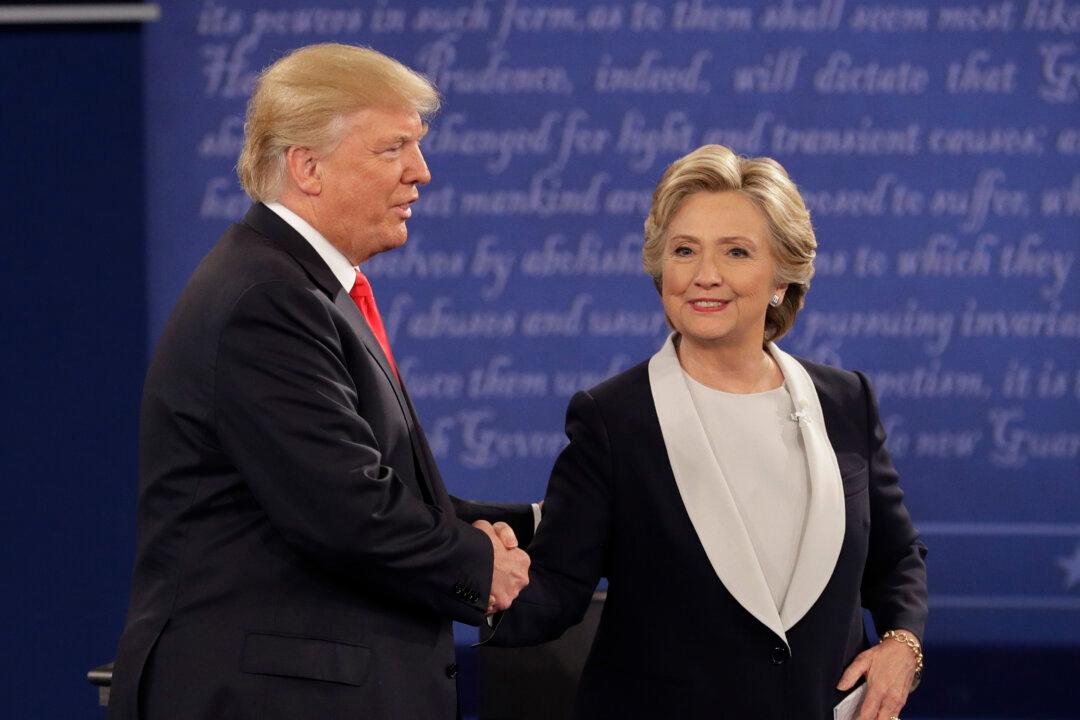Two Republican political operatives have been charged with allegedly funneling $25,000 from an unnamed Russian national into a 2016 Presidential election campaign.
Jesse Benton, 43, of Louisville, Kentucky, previously worked as an aide to Sens. Mitch McConnell (R-Ky.) and Rand Paul (R-Ky.), while Roy Douglas “Doug” Wead, 75, of Bonita Springs, Florida, previously served as an adviser to multiple presidential campaigns.




